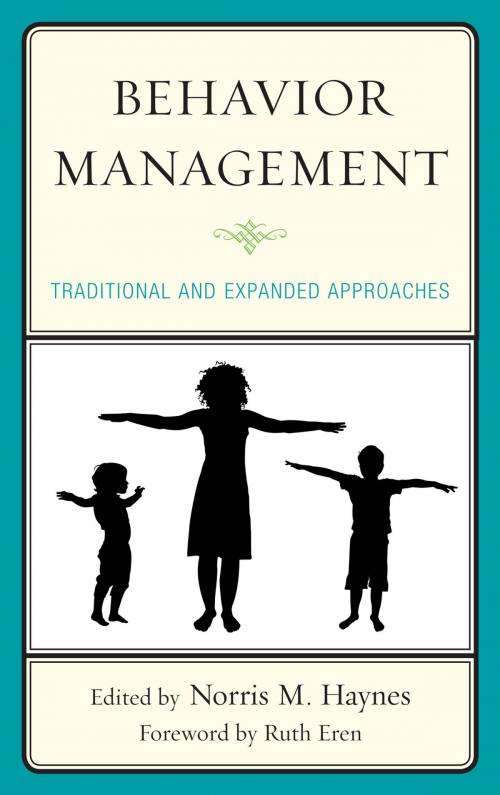Behavior Management
Traditional and Expanded Approaches
Nonfiction, Reference & Language, Education & Teaching, Educational Theory, Educational Psychology, Counseling & Guidance, Health & Well Being, Psychology, Cognitive Psychology| Author: | ISBN: | 9780761859611 | |
| Publisher: | UPA | Publication: | November 15, 2012 |
| Imprint: | UPA | Language: | English |
| Author: | |
| ISBN: | 9780761859611 |
| Publisher: | UPA |
| Publication: | November 15, 2012 |
| Imprint: | UPA |
| Language: | English |
Behavior Management: Traditional and Expanded Approaches serves as a reference guide on the implementation of basic and more advanced behavior management strategies. It covers the principles and application of basic learning theories as well as those that integrate cognitions and emotions in treatment frameworks. It takes the reader through the essential steps in developing behavior management plans, including conducting functional behavior analyses and curriculum-based assessments. The contributors describe and share examples of various behavioral intervention techniques that address behavioral challenges in a variety of settings. These methods include more traditional approaches, such as classical and instrumental learning strategies and cognitive behavior management techniques. They also discuss less traditional and alternative approaches, including social and emotional learning, character development, and yoga. The book is appropriate for professionals in various specialty areas, including classroom teachers, college professors, and undergraduate and graduate students majoring in general education, special education, school psychology, psychology, educational leadership, school counseling, and social work. It is also appropriate for professionals who work with children on the autism spectrum and for board certified behavioral analysts.
Behavior Management: Traditional and Expanded Approaches serves as a reference guide on the implementation of basic and more advanced behavior management strategies. It covers the principles and application of basic learning theories as well as those that integrate cognitions and emotions in treatment frameworks. It takes the reader through the essential steps in developing behavior management plans, including conducting functional behavior analyses and curriculum-based assessments. The contributors describe and share examples of various behavioral intervention techniques that address behavioral challenges in a variety of settings. These methods include more traditional approaches, such as classical and instrumental learning strategies and cognitive behavior management techniques. They also discuss less traditional and alternative approaches, including social and emotional learning, character development, and yoga. The book is appropriate for professionals in various specialty areas, including classroom teachers, college professors, and undergraduate and graduate students majoring in general education, special education, school psychology, psychology, educational leadership, school counseling, and social work. It is also appropriate for professionals who work with children on the autism spectrum and for board certified behavioral analysts.















